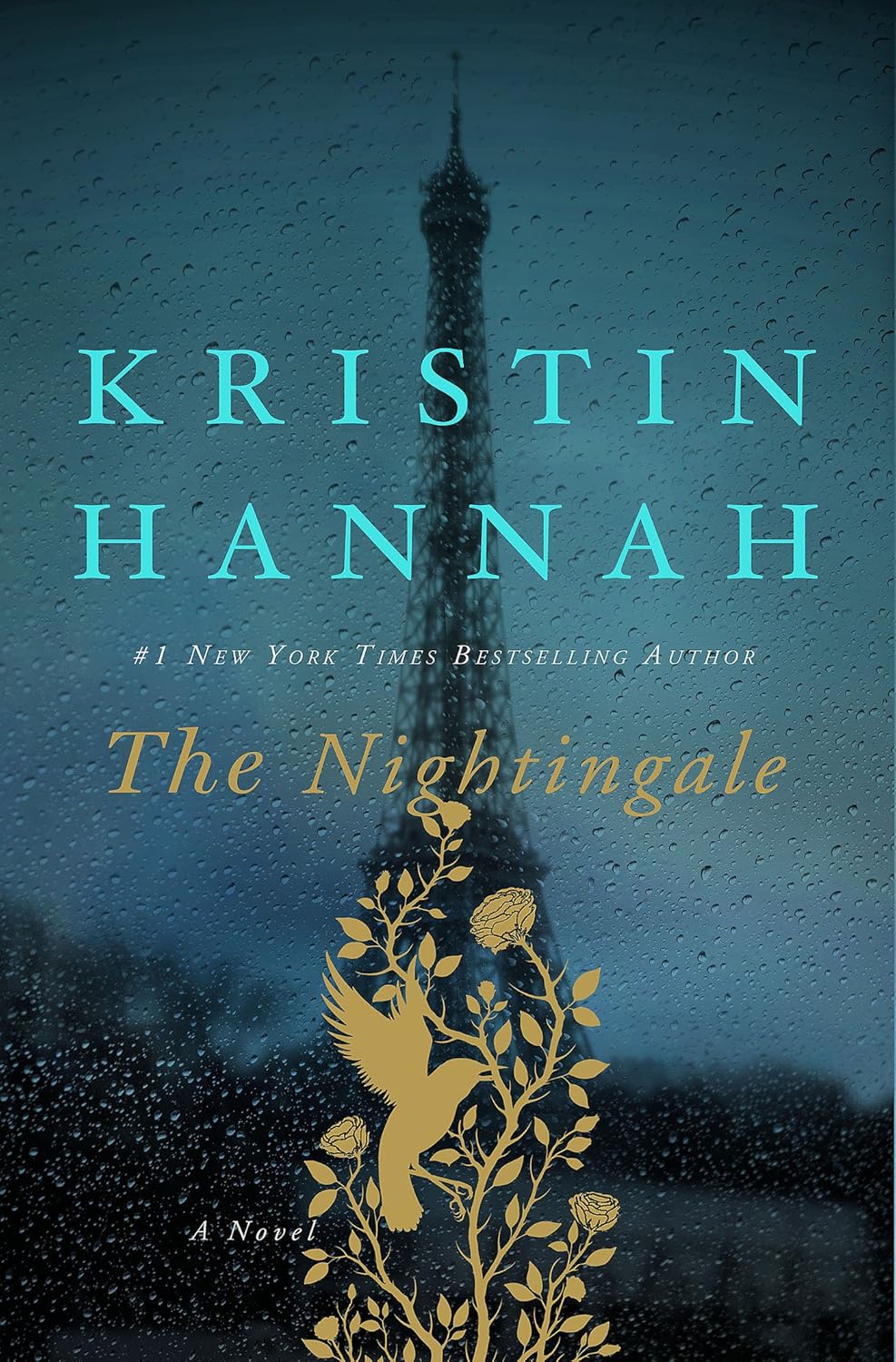It's 1899, and May Rose Long has just been abandoned by her husband in the mountains of West Virginia. Isolated from the logging town of Winkler and ostracized by the townspeople due to rumors of indecent behavior; May Rose tries desperately to connect with her family that headed West to Fargo, North Dakota.
Ervin is capable of creating a story around May Rose that is surprisingly entertaining and revealing of the position of women in society during this time in history. May Rose is known as the Girl on the Mountain because she is accused of standing naked and waving at the train of logging men as they passed her house every day. The rumor is the catalyst for everything that happens in the story, including her husband's disappearance. But May Rose was far from happily married, and while her husband kept her secluded from the town, buying the cabin with her dowry, she had only herself to rely upon most of the time while he stayed in the logging camp.
Ervin captures the grueling details of May Rose's survival and shows a vast knowledge of what mountain life consists of in the late 19th century. I was able to get a real feel for the setting and loved the descriptions of May Rose's different labors; from gardening to raising hogs and washing clothes. When May Rose's husband does not come home and she finds out what happened to him, a new part of her character opens up. We discover she's an intelligent woman and quite capable of forging her way into town and coming up with her own plan of survival.
Friday, March 20, 2015
Tuesday, March 17, 2015
"The Nightingale" by Kristin Hannah
"If I have learned anything in this long life of mine, it is this: In love we find out who we want to be; in war we find out who we are."
Kristin Hannah opens her newest novel, The Nightingale, with this sentence that acts as the driving theme in her WWII portrait of women during war. Hannah's main characters are sisters with a fractured past. Their bond is tenuous before the war, and nearly breaks entirely once the Nazi's invade France. The elder sister is Vianne Mauriac, a devoted mother and wife who fights her war at home in Carriveau, where a Nazi has billeted at her home while her husband is in a work camp in Germany. Isabelle Rossignol is the impetuous younger sister whose anger about the war drives her toward the French Resistance.
The Nightingale is by no means literary fiction. When I say that, I mean that there is no prose so beautiful that it resonates with your soul, however, this is an excellent story with an emotionally powerful narrative. Hannah's body of work up until this point has dealt with interpersonal relationships and emotional "chic-lit." The Nightingale has taken Hannah's storytelling to a different level. The writer even admitted in an interview with Goodreads that this story was the most difficult for her to write, but it was a story that would not let her rest.
Wednesday, March 11, 2015
Book Review: "Station Eleven" by Emily St. John Mandel
 Emily St. John Mandel's fourth novel, Station Eleven, arrived with much anticipation among fans of the dystopian genre. With as saturated as the dystopian genre (or Speculative Fiction) is at the moment, Station Eleven definitely stands apart from the rest, but not in the way you would expect.
Emily St. John Mandel's fourth novel, Station Eleven, arrived with much anticipation among fans of the dystopian genre. With as saturated as the dystopian genre (or Speculative Fiction) is at the moment, Station Eleven definitely stands apart from the rest, but not in the way you would expect.The story begins with a death. A famous 51-year-old actor by the name of Arthur Leander drops dead on stage of a massive heart attack during a performance of Shakespeare's King Lear. The actor's tragic death is soon overshadowed when a pandemic called the Georgia Flu effectively wipes out about 99% of the world's population. The web of characters that this story focuses on are all connected through Arthur Leander. Mandel does an excellent job of dropping hints, piquing interest and weaving this web of interconnection which snaps into focus at the climax of the story.
The character perspectives change as the story unfolds, so parts of the story take place before the world is forever altered by the Georgia Flu. In these chapters we get to know Arthur, his upbringing, his struggle as an actor, and the turbulent relationships with his many wives, but mainly his first wife, Miranda Carroll. Miranda, hailing from the same tiny island as Arthur, is fresh out of an abusive relationship when Arthur sweeps her away to Los Angeles. L.A. life could not be any less suited to anyone as it is for Miranda, and she throws herself into her creative endeavors to escape the resultant unhappiness of her lonely marriage.
Subscribe to:
Posts (Atom)

